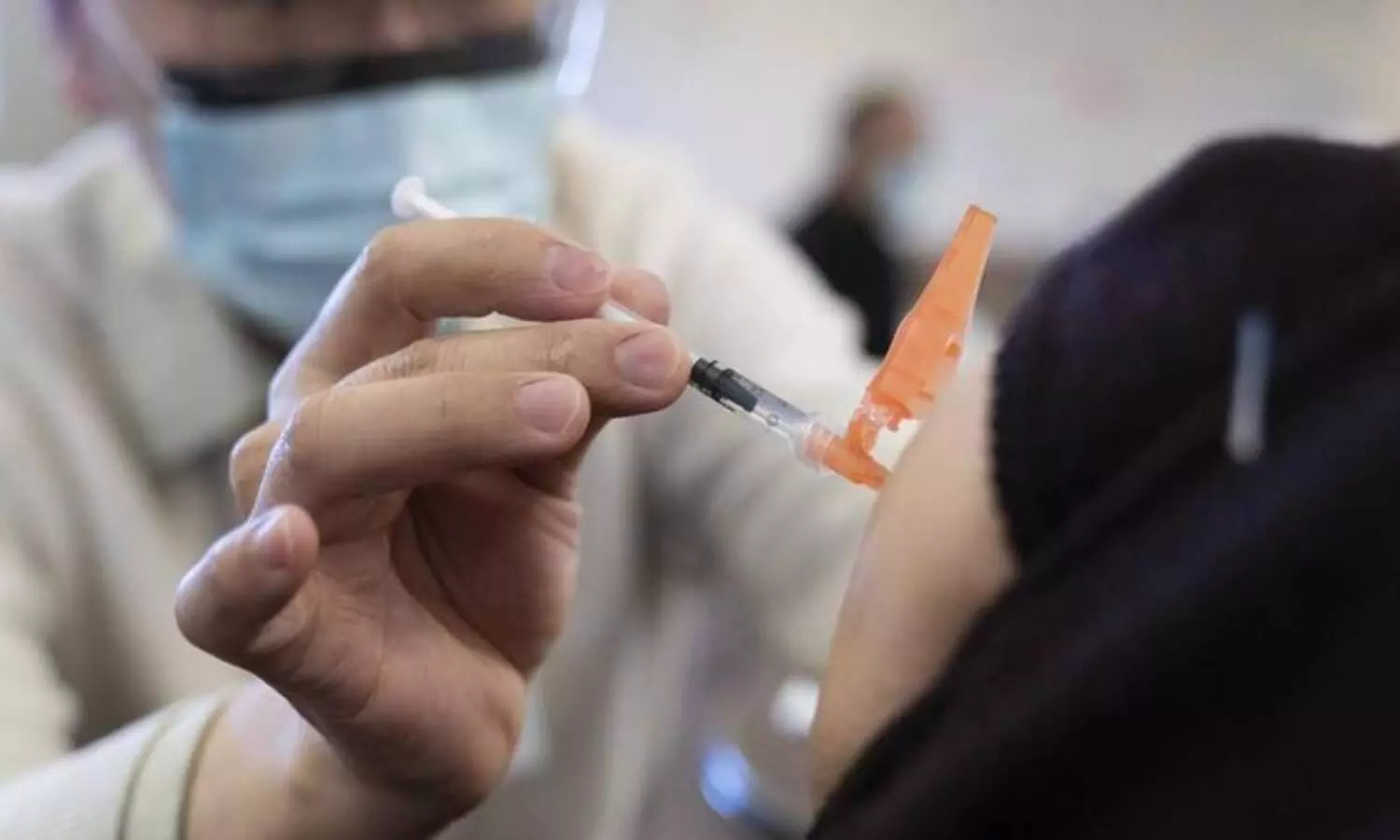30% people lost immunity 6 months after second Covid jab: AIG study
The bad news is that the remaining 30 percent of the vaccinated population, particularly those 40 years and above with co-morbidities, do not retain enough antibodies to tackle the infection.
By Newsmeter Network
Hyderabad: A study conducted by Hyderabad-based AIG Hospitals has revealed that 30 percent of the people lost vaccine-acquired immunity six months after taking the second dose.
AIG conducted the study in association with Asian Healthcare Foundation.
About 70 percent of the population, particularly youngsters, are able to retain Covid antibodies till nine months after getting the second dose of vaccine. The bad news is that the remaining 30 percent of the vaccinated population, particularly those 40 years and above with co-morbidities, do not retain enough antibodies to tackle the infection.
Lending credence to the argument that the gap between the second dose and booster dose should be reduced to six months, a groundbreaking long-term study on a large pool of 1,636 healthcare workers, who had received Covid vaccines in Hyderabad, taken up by the Asian Institute of Gastroenterology (AIG), has indicated that with age, immunity levels against Covid also wane.
About 30 percent of the participants, a majority of them above 40 years of age with pre-existing medical conditions, lost vaccine-acquired immunity after six months. The study said that 6 percent of the healthcare workers did not even develop any immune protection at all.
The AIG study, available in preprint at Research Square preprint platform from January 14, clearly indicates that younger people have sustained levels of antibodies against Covid than the elderly population, a major reason why individuals above 40 years with pre-existing medical conditions such as diabetes and hypertension should be prioritized for a precautionary dose after 6 months.
The study was conducted on a large pool of 1,636 healthcare workers who were fully vaccinated. About 93 percent of the participants had taken Covishield, 6.2 percent received Covaxin, and less than 1 percent received the Sputnik vaccine.
Those who had antibodies levels less than 15 AU/ml (arbitrary units per milliliter) were considered antibody-negative. This means that they didn't develop any protective immunity against the virus. It was estimated that an antibody level of 100 AU/ml is the minimum level for protection against the virus.
Any individual with less than 100 AU/ml antibody level is susceptible to getting infected.
"The study aimed to understand the effectiveness of current vaccines over the long-term and see if there are specific population demography who need a booster at the earliest," said D Nageshwar Reddy, Chairman of AIG Hospitals.
"At present, the gap of 9 months for precautionary dose or booster dose benefits 70 percent of the population, who can retain enough antibody levels beyond 6 months. However, considering the scale of our country, the 30 percent population, especially those with comorbid conditions, who are more prone to develop an infection after 6 months of getting fully vaccinated, should also be considered for the precautionary dose," he added.
Dr. Reddy said they are seeing a surge of infection across the country. "Fortunately, the severity of the disease is mild because of multiple factors, including the effect of vaccination, the intrinsic character of the variant itself, and natural immunity amongst the population," he said.
However, the country must devise strategies that could ensure minimal spread and protect as many people as possible, he said.